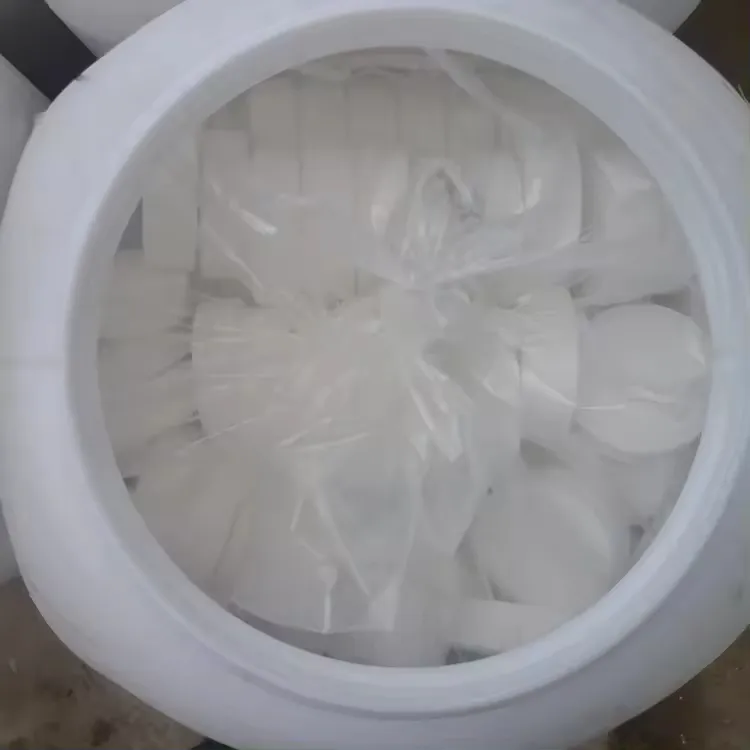



pool water treatment
Pool Water Treatment Ensuring Safety and Clarity
Maintaining a swimming pool requires diligent effort, especially when it comes to proper water treatment. Clean and safe water is essential not only for aesthetic reasons but also for the health of swimmers. Pool water treatment involves several key elements that ensure the water remains clear, free from harmful microorganisms, and balanced in chemistry.
The first step in effective pool water treatment is water chemistry testing. Using a test kit, pool owners should regularly check the levels of pH, chlorine, alkalinity, and other chemicals. The ideal pH level for pool water is between 7.2 and 7.8. If the pH is too low, it can cause skin irritation and corrode pool equipment; if it is too high, it can lead to scale formation and diminished chlorine effectiveness.
Chlorine is the most common disinfectant used in pool water treatment. It plays a critical role in killing bacteria, viruses, and other pathogens lurking in the water. The recommended free chlorine level for residential pools is typically between 1 to 3 parts per million (ppm). Regular shock treatments, which involve adding a higher concentration of chlorine, can help eliminate contaminants and restore safe swimming conditions, particularly after heavy use or after rainstorms.
In addition to chlorine, algaecides are often used to prevent and eliminate algae blooms. Algae can not only turn the water green but can also create slippery surfaces that are hazardous for swimmers. Applying an appropriate algaecide as a preventative measure is crucial, especially in warmer months when algal growth is more prolific.
pool water treatment

Filtration is another critical component of pool water treatment. A well-functioning filter system helps remove debris, dirt, and impurities, ensuring that the water remains clear and inviting. Pool owners should clean or replace filter cartridges regularly and backwash sand filters as needed to maintain optimal performance.
Water balance is vital in pool treatment. Beyond pH and chlorine, maintaining appropriate levels of alkalinity and calcium hardness is essential for protecting pool surfaces and equipment. Alkalinity helps buffer the water, preventing drastic changes in pH, while calcium hardness prevents the water from being too corrosive or causing scaling.
Finally, regular maintenance, such as skimming debris, vacuuming the pool floor, and brushing walls, complements chemical treatment and filtration. A consistent routine helps ensure a safe and pleasant swimming environment for all users.
In conclusion, proper pool water treatment combines chemistry, filtration, and regular maintenance to create a safe and enjoyable swimming experience. By staying vigilant and proactive, pool owners can keep their water crystal clear and free from harmful contaminants, ultimately enhancing the fun and relaxation of swimming.
-
Why Sodium Persulfate Is Everywhere NowNewsJul.07,2025
-
Why Polyacrylamide Is in High DemandNewsJul.07,2025
-
Understanding Paint Chemicals and Their ApplicationsNewsJul.07,2025
-
Smart Use Of Mining ChemicalsNewsJul.07,2025
-
Practical Uses of Potassium MonopersulfateNewsJul.07,2025
-
Agrochemicals In Real FarmingNewsJul.07,2025
-
Sodium Chlorite Hot UsesNewsJul.01,2025










